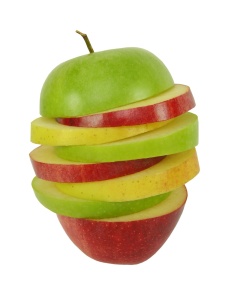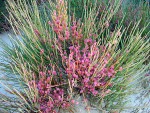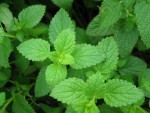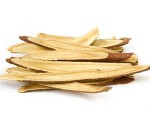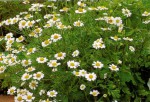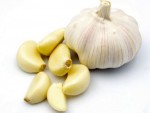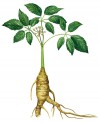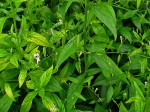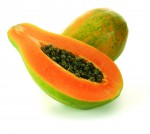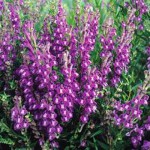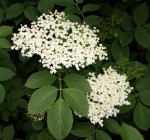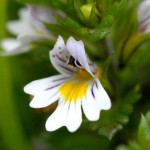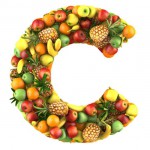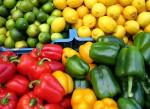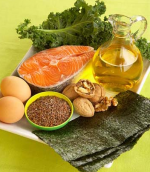- Beer may reduce arthritis risk.
- It can help build strong bones
- Beer may protect you from kidney stones
- It can keep your brain sharp
- It can boost your heart health
- Studies indicate moderate beer drinkers live longer
- Beer is natural
- Beer is low in calories, carbohydrates and has no fat or cholesterol
- Beer helps control your cholesterol
- Beer helps you relax
- It is full of B vitamins
- Beer is often safer than local drinking water
- Beer promotes heart health
- Beer combats cancer
- Beer does not give you ‘beer belly’
- Beer drinking reduces chances of stroke by 50%
- It can help your workout recovery
- Beer can boost your immunity
- Beer drinkers are less likely to develop Type 2 Diabetes
- Beer prevent anemia
- Beer drinkers has lower blood pressure
- Beer increases the efficiency of Vitamin E making our skin healthier and younger looking
- Beer reduces risk of gallstones
- Beer aids the digestive system
- Beer acts as a diuretic meaning that we pee more thus removing toxins from the body easier and faster
- Beer is nutritious
- Beer is conveniently packaged so you know how much you are drinking
- Beer is high in fiber
- Beer has antimicrobial properties
- Beer helps muscles from deteriorating
- Beer is high in silicon (good for bones)
- Beer helps fight insomnia
- It also helps to prevent blood clots
- Warm beer is a great cold remedy
http://news.health.com/2014/09/23/health-benefits-of-beer/
http://www.menshealth.com/health/have-a-beer
http://www.besthealthmag.ca/best-eats/healthy-eating/the-health-benefits-of-beer
http://www.webmd.com/food-recipes/truth-about-beer
https://www.organicfacts.net/health-benefits/beverage/health-benefits-of-beer.html
http://www.shape.com/healthy-eating/healthy-drinks/7-healthy-reasons-be-drinking-beer
http://www.buzzfeed.com/jessicamisener/21-reasons-you-should-definitely-drink-more-beer
Be Healthy,

